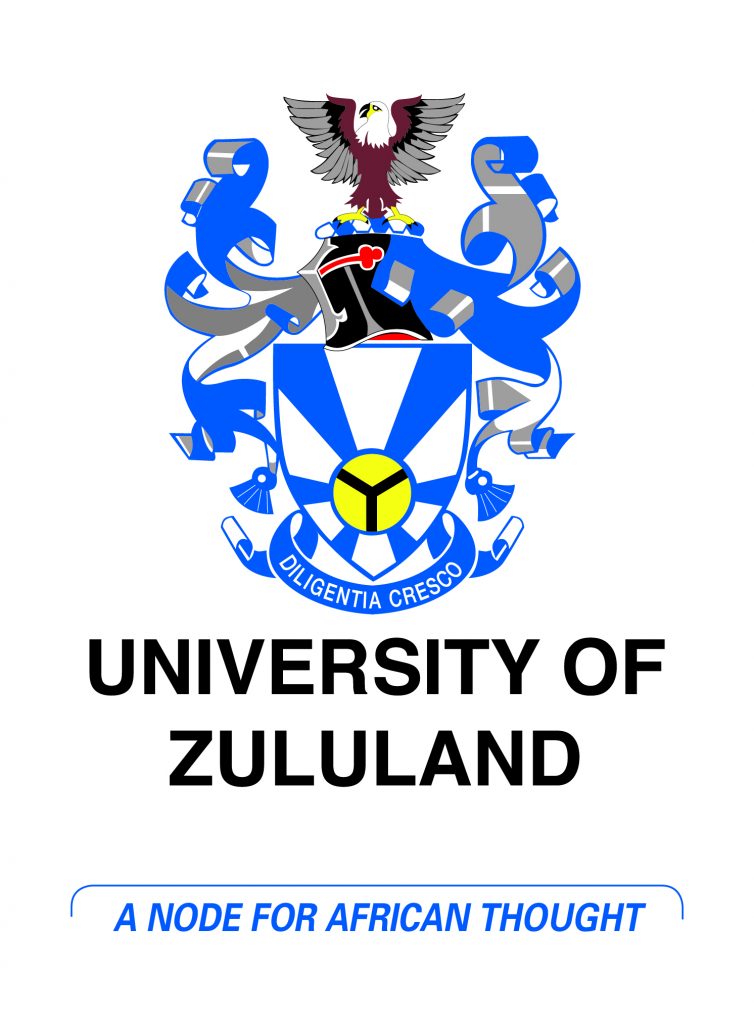Original Research
The ‘brown envelope syndrome’: Culture of bribery and ethics at the crossroads
Submitted: 28 September 2023 | Published: 20 February 2024
About the author(s)
Kelebogile T. Resane, Department of Historical and Constructive Theology, Faculty of Theology and Religion, University of the Free State, Bloemfontein, South AfricaAbstract
This article unravels the destructive practice of bribery, which is ingrained in South African culture. Through the scenarios in the public transport industry and literature review, the article reveals that indeed bribery is a reality to reckon with. It is observed in all tiers of society such as politics, businesses and religious circles. Bribery explained as a ‘brown envelope syndrome’ is rife in the South African socio-political landscape. The objective of this article is to enlighten the readers that bribery from socio-theological perspectives is ethically unacceptable. It promotes corrupt political accountability, economic inequality, social disrespect and religious hypocrisy. The article starts with personal scenarios and then delves into the definition of bribery as payment in a form of money, favours or gifts, to influence a decision, to receive favours in turn, facilitate fast delivery of goods, gain an unfair advantage, avoid legal prosecution or to supply substandard products or services. The second part of the artilce discusses how bribery clashes with Christian ethics as pointed by Jesus in Mark 7:21–22, as bribery lies buried in human hearts and manifests itself in different sins. There is a clear biblical condemnation of bribery as detestable, and that by all means possible, it should be proscribed. Bribery in political circles is known as ‘brown envelope’, which means the currency exchanges between the corrupt and the corrupted. Solutions suggested is that citizens in their national democracies should break out of the shell and become vocal against bribery. The church should emerge behind the trees and come up with prophetic discernment, wisdom and be vocal against bribery. Personally, those exposed to bribery situations must maintain wisdom and learn how to refuse offers without endangering themselves. This research unravels bribery and its devastating effects of promoting corrupt political accountability, economic inequality, social disrespect and religious hypocrisy.
Contribution: This article calls for communities and churches to be vocal against bribery and encourages personal accountability when confronted with bribery offers.
Keywords
Sustainable Development Goal
Metrics
Total abstract views: 448Total article views: 328
